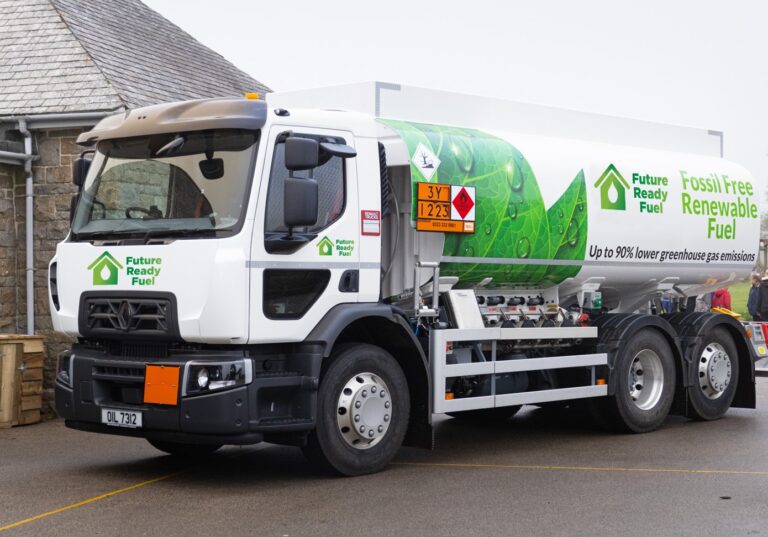
As a new survey of off-gas grid consumers reveals increasing concerns over the cost of transitioning to low carbon heating, the government is being urged to set out a clear road map for decarbonising rural households,
The survey of 1,364 households that use oil heating, conducted by trade associations OFTEC and UKIFDA, revealed 60% of respondents are more worried about the costs of switching to low carbon heating systems than they were three years ago.
The results have been shared ahead of the government’s expected publication of its Warm Homes Plan which will outline Labour’s policy programme to deliver the UK’s net zero targets. There are an estimated 1.7 million oil households in the UK who could be affected.
The survey also revealed:
- Over 85% said the government’s decisions around how rural homes transition onto cleaner technologies will be an important factor in how they vote at the next general election
- Almost half of respondents (46%) surveyed have written to their local MP to ask for clarity over the changes they will be expected to make to their home
- Over 98% support for giving oil heated homes the choice of switching to a renewable liquid fuel such as Hydrotreated Vegetable Oil (HVO).
Trade associations OFTEC and UKIFDA have written to Miatta Fahnbulleh, the minister responsible for the Warm Homes Plan, outlining five key recommendations to successfully deliver off-grid decarbonisation for rural homes as part of its strategy.
Industry’s 5 recommendations
- The location, age and construction of the UK’s 1.7 million oil heated homes creates unique decarbonisation challenges which require a bespoke approach
- Focus on desired outcomes, not technology, through a technology neutral approach which provides genuine choice for oil heated households
- Have a consistent policy with the devolved and Irish governments in recognising bioenergy will have an important role in achieving net zero
- Alongside heat pumps, encourage alternative solutions such as renewable liquid fuels to make decarbonisation easy, affordable and non-disruptive
- Enable a market mechanism for renewable liquid fuels by implementing Section 159 of the Energy Act 2023, which will lower costs for consumers, and equalise the duty on these fuels with that of kerosene when they are used for home heating
Successful decarbonisation strategy
Paul Rose, CEO of OFTEC, and Ken Cronin, CEO of UKIFDA, said: “Decarbonising the UK’s 1.7 million oil heated homes is a complex challenge as they face unique barriers due to their age, construction and rural location. Government policy must therefore focus on desired outcomes rather than mandating a single technology, such as electrification, which in many cases isn’t practical or affordable. Not to mention the significant shortage of installers.
“A genuine technology neutral strategy would give households real choice and unlock a wider mix of cost effective and practical low carbon options. This includes renewable liquid fuels which have already been successfully demonstrated in around 150 off-grid buildings.
“Whilst we all share the ambition to drive down our carbon emissions, in this even more challenging economic environment post April, both the government and households need to pull every lever and focus on affordable and practical low carbon solutions. Many rural businesses also rely on oil heating and would benefit from a wider choice of options.
“We will continue to work positively with the government and wider industry to deliver successful decarbonisation across the off-grid sector.”
Image provided by OFTEC.